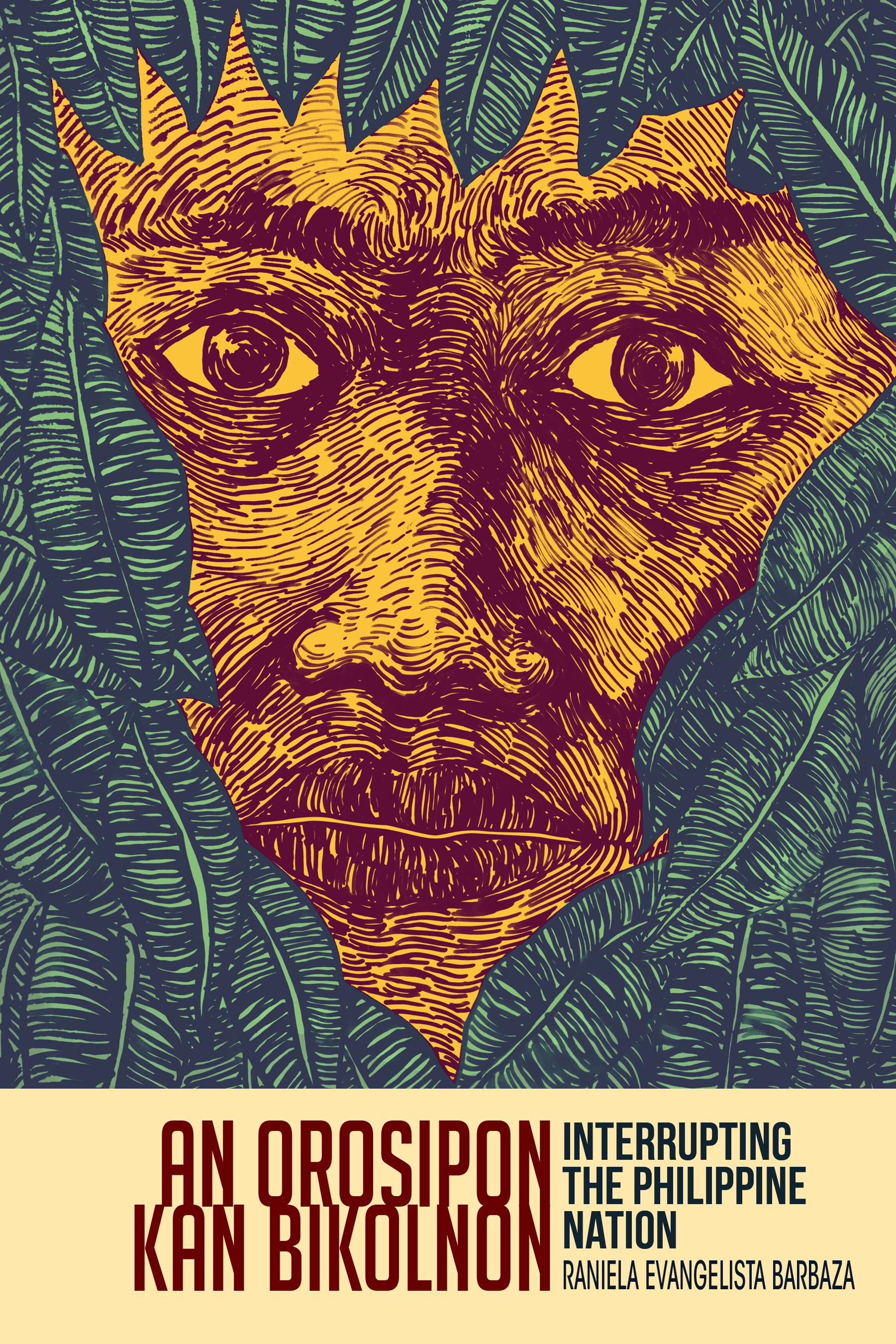
An Orosipon kan Bikolnon: Interrupting the Philippine Nation
If the monologic force of narration produces a nation, orosipon, an old Bikol word for story, interrupts this production by telling a different story or different stories. Coming from the root word osip which approximates “tell,” orosipon points to more than one person involved in the act of telling, which attributes the act of telling proper to no one in particular. Orosipon suggests a multiplicity and fluidity prohibited by the homogenizing structuring of narration and community. An Orosipon kan Bikolnon reads selected fiction and nonfiction from the periodicals Sanghiran nin Bikol, An Parabareta, Bikolnon, and Bikolana published in the first half of the twentieth century in Bikol, a region in the Philippines. The texts reveal the orosiponic pulse against the narration of the Philippine nation-state during the period. The book also includes five selected osipon in the original as well as translations in Filipino and English.
ABOUT THE AUTHOR
Raniela Barbaza is an associate professor at the Department of Filipino and Philippine Literature, University of the Philippines Diliman, Quezon City. Her articles on Philippine literature and Bikol literature have been published in Daloy, Diliman Review, Humanities Diliman, Daluyan, Malay, and Kritika Kultura.
